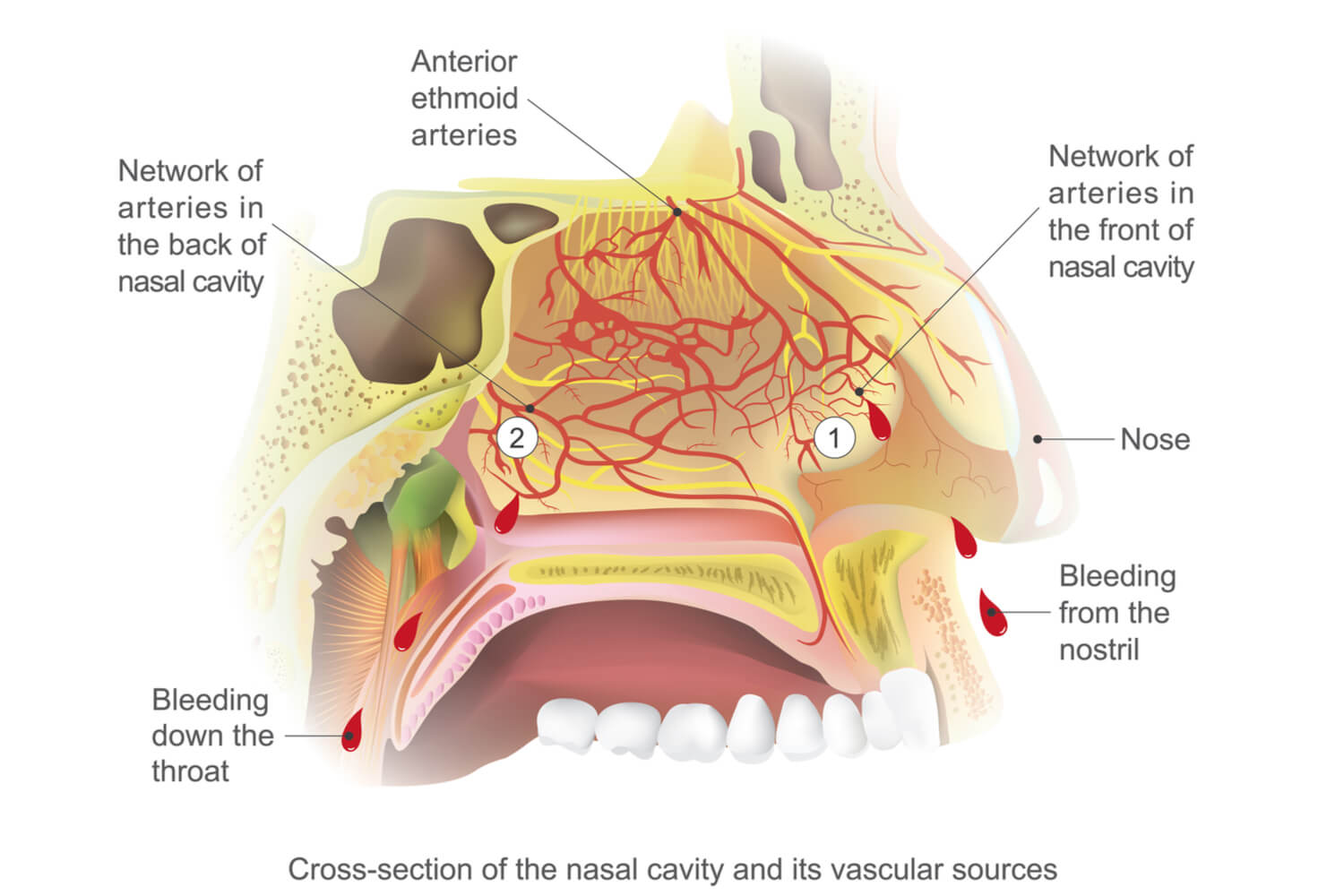Yardley Location
Jefferson Otolaryngology
385 Oxford Valley Road #406
Yardley, PA 19067
Hours of Operation
Monday: 8 - 4:30PM
Tuesday: 8 - 4:30PM
Wednesday: 8 - 4:30PM
Thursday: 8 - 4:30PM
Friday: 8 - 4:30PM
Saturday: Closed
Sunday: Closed
Yardley Location
Jefferson Otolaryngology
385 Oxford Valley Road #406
Yardley, PA 19067
Hours of Operation
Monday: 8 - 4:30PM
Tuesday: 8 - 4:30PM
Wednesday: 8 - 4:30PM
Thursday: 8 - 4:30PM
Friday: 8 - 4:30PM
Saturday: Closed
Sunday: Closed
Torresdale Location
Jefferson Otolaryngology
3998 Red Lion Road #211
Philadelphia, PA 19114
Hours of Operation
Monday: 8 - 4:30PM
Tuesday: 8 - 4:30PM
Wednesday: 8 - 4:30PM
Thursday: 8 - 4:30PM
Friday: 8 - 4:30PM
Saturday: Closed
Sunday: Closed
Torresdale Location
Jefferson Otolaryngology
3998 Red Lion Road #211
Philadelphia, PA 19114
Hours of Operation
Monday: 8 - 4:30PM
Tuesday: 8 - 4:30PM
Wednesday: 8 - 4:30PM
Thursday: 8 - 4:30PM
Friday: 8 - 4:30PM
Saturday: Closed
Sunday: Closed



